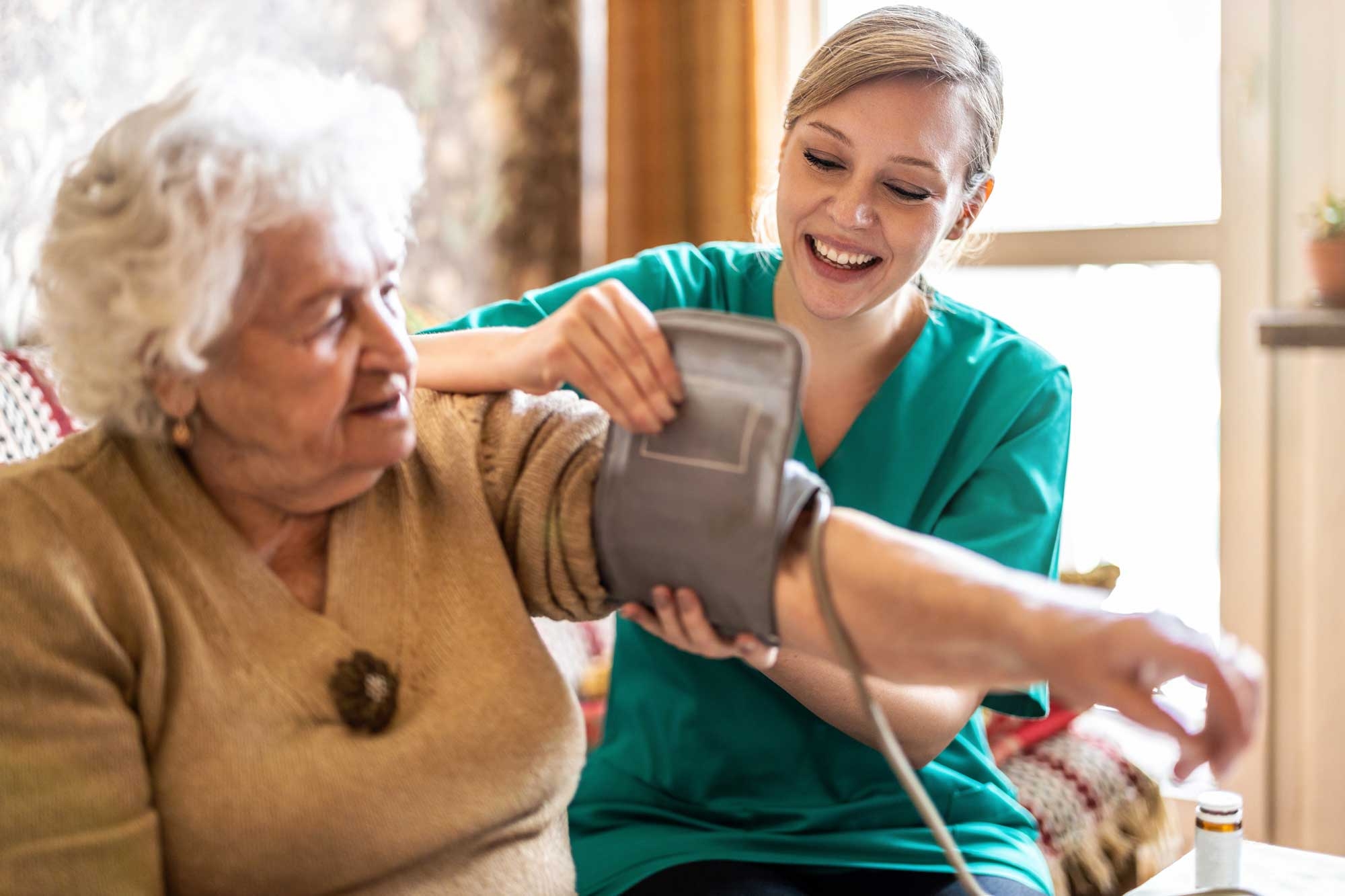

Having a healthy blood pressure is important for heart health and overall wellbeing. High blood pressure is one of the main risk factors for heart disease. High blood pressure can increase your risk of having another heart event, like a heart attack.
It’s important to regularly monitor your blood pressure. You can do this with your GP or at a pharmacy with an in-store blood pressure monitor. You might also like to consider buying a blood pressure monitor to use at home.
If you live in a rural or remote area, you can check your blood pressure:
In this video, cardiologist A/Prof Sarah Zaman, from Westmead Hospital in Sydney, talks about blood pressure and gives her top tips for managing it.
Your doctor might prescribe medicines to manage your blood pressure, especially after a heart event or diagnosis of heart disease. It is important to take these as instructed. Don’t stop taking your medicines or change the dose without speaking with your doctor first.
Doing regular physical activity, such as brisk walking, swimming or cycling helps maintain a healthy blood pressure and keeps your heart strong. Choose activities that you enjoy so that you’re more likely to do them regularly.
Enjoy a wide variety of vegetables, fruits, wholegrains, and protein-rich foods, unflavoured low fat dairy and healthy fats and oils. Experiment with herbs and spices, instead of salt, to add flavour to your food. Reducing your salt intake helps support healthy blood pressure.
Did you know that quitting smoking or vaping is one of the best things you can do for your heart health? Quitting can also help manage your blood pressure. It's possible to quit with support from your GP, Quitline (13 78 48) and medicines like nicotine replacement therapy.
Choose healthy ways to manage your stress such as deep breathing, meditation or yoga. These activities can help to lower your blood pressure and improve your overall wellbeing.
Know your ideal blood pressure and monitor it regularly.
Ask your doctor what your ideal blood pressure should be. For most people, an ideal blood pressure is usually less than 140/90.
Last updated02 September 2025
Last reviewed19 July 2024